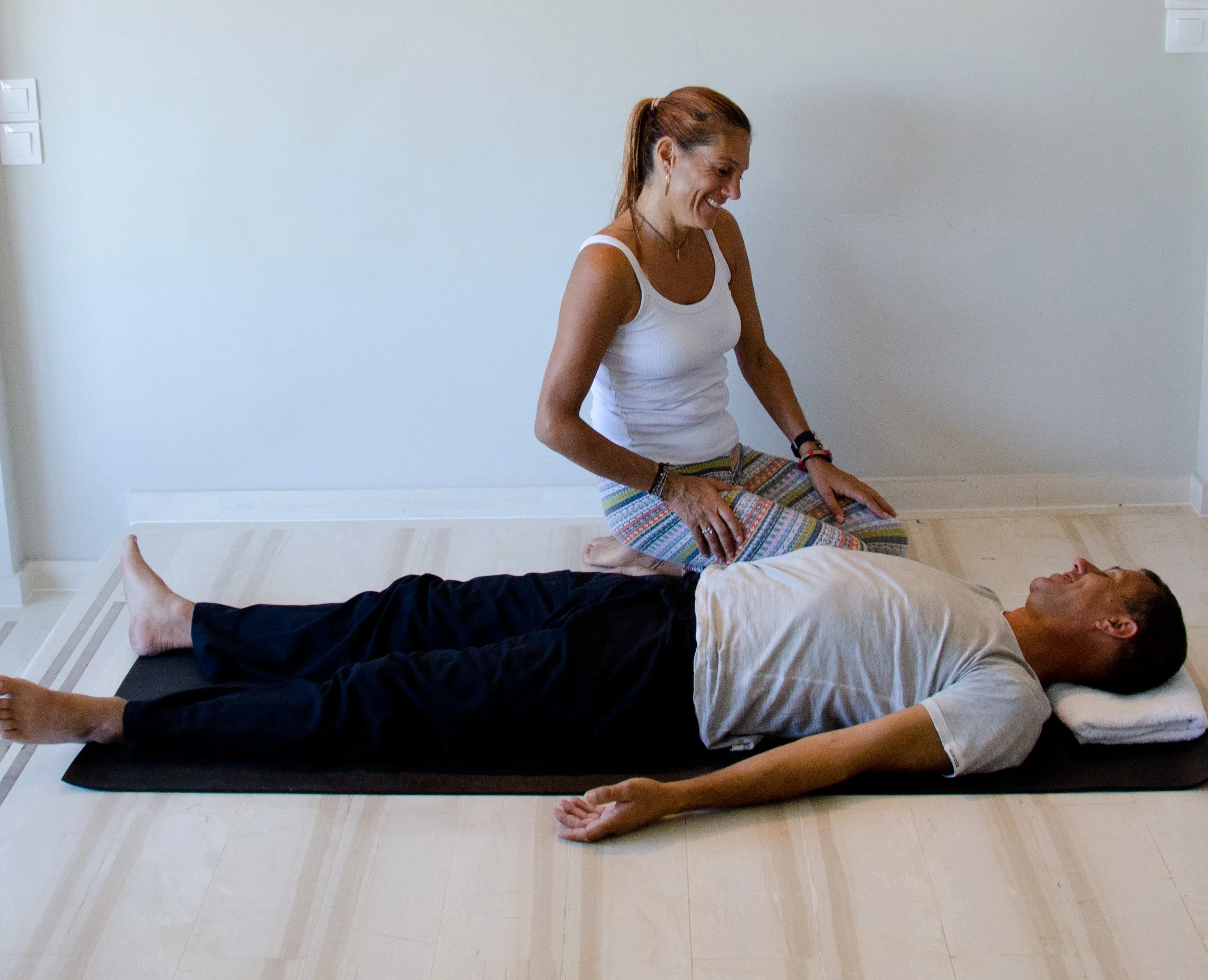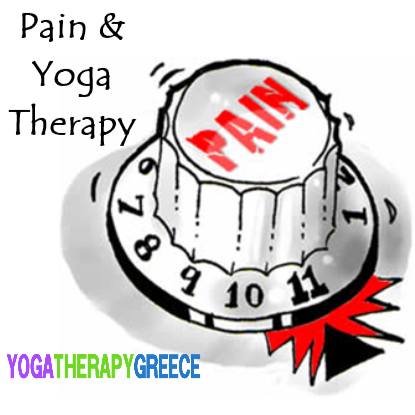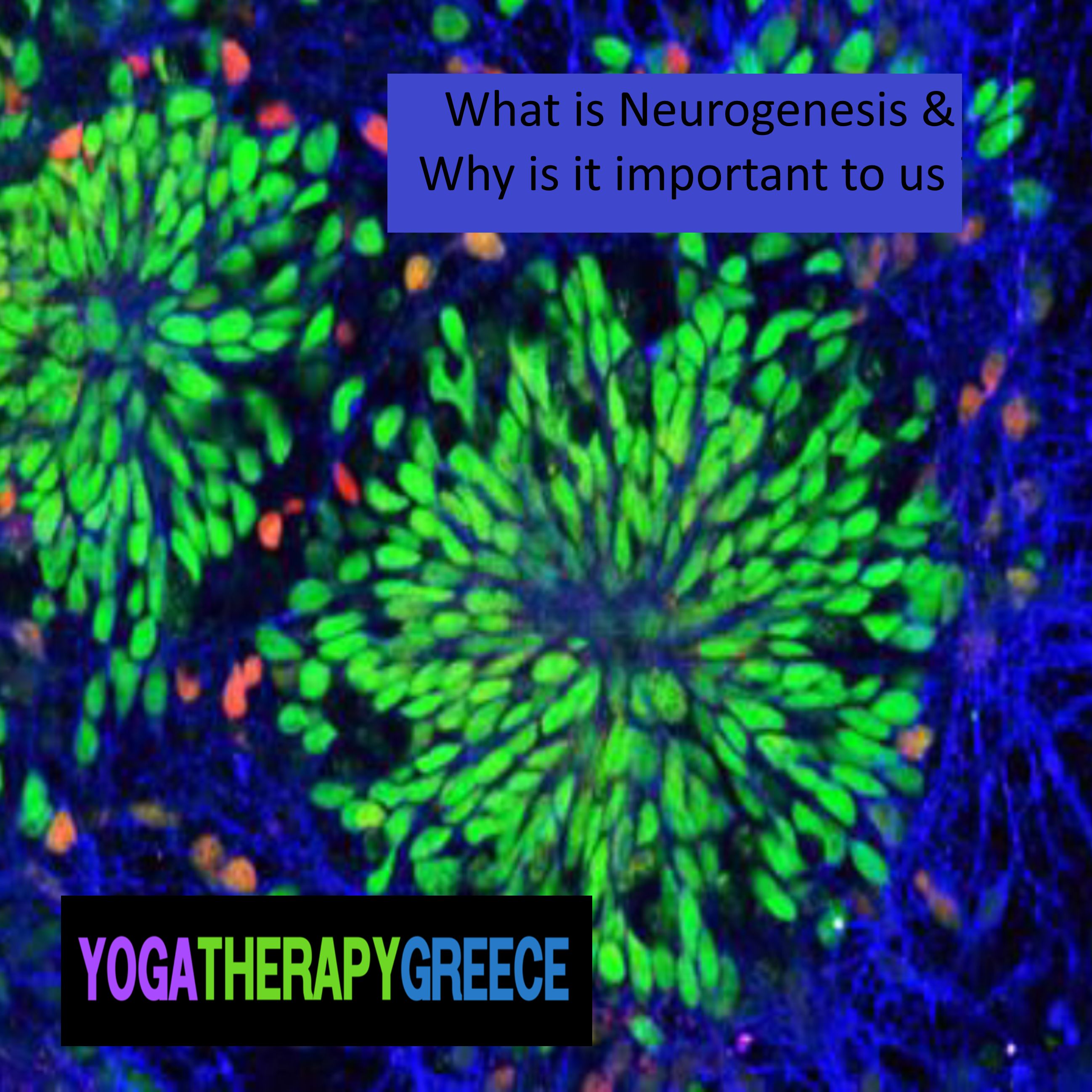Stress, Autoimmune Conditions & Physical Activity

Stress
Stress affects every aspect of our body and brain and although its effects are partly mediated by powerful corticosteroid hormones that target the nervous system, its long-term effect is highly related with the explosion in Autoimmune as well as a big increase in Mental Health Conditions.
What is Stress ?
A stressor can be any environmental demand that exceeds the physiological regulatory capacity of an organism, in particular during situations of unpredictability and uncontrollability. Stressors can either be currently present in the external world or in the internal world (for example physical pain) but they can also be retrieved from autobiographical memory (past stressful events) or from prospective memory (future stressful events). Stressful challenges can be acute (being confronted with a predator or giving an important oral presentation) or of a chronic nature (living in poverty or in a broken family). It may occur only once, or may take place in a repetitive manner, that can be anticipated.
How stress exposure is actually perceived by an individual varies greatly, as does the persistence of its consequences. The stressors affect the individuals according to their vulnerability/resilience. They may induce a behavioural, an affective/cognitive, and a physiological response. In general, stress is more pronounced in urban areas and in modern times where we people have became more achievement oriented.
The stress Response
The physiological stress response to any particular stressor can be divided into two different time domains with a very quick response and a delayed response.
The first phase of the stress response is considered the “alarm reaction” or the “fight-flight or freeze” response, which involves the rapid activation of the autonomic nervous system (ANS) that causes the release of hormones (epinephrine and norepinephrine from the adrenal medulla) that quickly elevate basal metabolic rate, blood pressure and respiration, and increase blood flow to the more vital organs that are essential for the “fight-or-flight” response, such as the heart and skeletal muscles.
At the second phase of the stress response, the hypothalamic–pituitary–adrenal (HPA) axis is activated as well, mediated by glucocorticoid (GC) hormones. At this stage, attention is focused on the most urgent and important elements of the challenge while other, less urgent functions, e.g., food intake, digestion, elimination or reproduction, are temporarily suppressed.
The cost of stress in our lives
Severe or prolonged stress increases the risk of developing psychopathologies such as PTSD, anxiety disorders, depression, schizophrenia and may even trigger psychotic episodes in susceptible individuals.
So, stress affecting the structures of our brain as well as our mind and our thoughts, is the main factor for Mental Health and Neurological Conditions. Stress is also highly related with Autoimmune Conditions since the (autonomic) nervous system (ANS) and the immune system are deeply interrelated. The ANS regulates immunity (both innate and adaptive) through its sympathetic and parasympathetic branches, and an imbalance in this system can determine an altered inflammatory response as typically observed in chronic conditions such as autoimmune diseases. Rheumatoid arthritis, Lupus, and Multiple sclerosis all show a dysfunction of the ANS that is mutually related to the increase in inflammation and cardiovascular risk (Bellocchi et al., 2022).
Moreover, an interaction between ANS and the gut microbiota has direct effects on inflammation homeostasis. The gut microbiota or microbiome is represented by microorganisms which live in a symbiotic way within us. Microorganisms have the ability to influence different physiological aspects such as the immune system, metabolism and behaviour. In recent years, several studies have highlighted the role of the microbiome in the pathogenesis of autoimmune diseases. Notably, in most of the autoimmune conditions an alteration to the microbiome of the intestinal flora and oral flora was seen. So the alteration of microbiome ‘dysbiosis’ can induce autoimmune disease in people with certain genetic backgrounds and environmental factors. Dysbiosis can be categorized into three different types: (1) loss of beneficial organisms, (2) excessive growth of potentially harmful organisms and (3) loss of overall microbial diversity.
It is possible to restore the healthy flora through administration of probiotics such as Grampositive bacteria seem to be an effective and safe intervention for balancing the gut flora (i.e. Bifidobacteriaum spp., Lactobacillus spp., Lactococcus spp., Pediococcus spp. and other nonpathogenic strains of E. coli).
The effect of Physical Activity in Immune System & Autoimmune Conditions
Recent research highlights the crucial role of modifiable behaviours such as physical inactivity on various aspects of the immune system and autoimmune diseases. In the last few decades scientific evidence has confirmed the beneficial role of physical activity as a modifiable risk factor for a wide variety of chronic diseases including cardiovascular diseases (CVDs), diabetes mellitus and cancer, among others.
The incidence of RA, MS, IBD and psoriasis has been found to be higher in patients less engaged in physical activity. As a general trend, patients with autoimmune diseases tend to be less physically active as compared to the general population. Physical activity leads to a significant elevation in T (immune) cells, a release of IL-6 (cytokine) from muscles inducing an anti-inflammatory response.
Physical activity and particularly tai chi and yoga has been shown to be safe in most of the autoimmune diseases including systemic lupus erythematosus (SLE), rheumatoid arthritis (RA), multiple sclerosis (MS), inflammatory bowel diseases (IBD), type 1 diabetes and fibromyalgia.
Physical activity decreases fatigue, enhances mood, cognitive abilities and mobility in patients with autoimmune conditions. Also, people with autoimmune conditions who have been physically active were found to have a milder disease course, better cardiovascular disease (CVD) profile and better quality of life.
Mind and body practices such as Tai Chi and Yoga that promote mindfulness through the slow movement and slow breathing seem to be a very beneficial physical activity. Particularly yoga with the slow and controlled movement, the slow and rhythmic breathing and the chanting seems to activate the vagus nerve, the main nerve of the parasympathetic system that regulates the dysfunctional Autonomic Nervous System and positively affects the inflammation and the progress of the autoimmune conditions (Bellochi et al, 2022).
Moving without fear, rest, smiling, chanting, connecting with others and with nature are ways for boosting the vagus nerve (the parasympathetic system) for neuro-retuning, for building resilience to stress (Porges, 2007).









